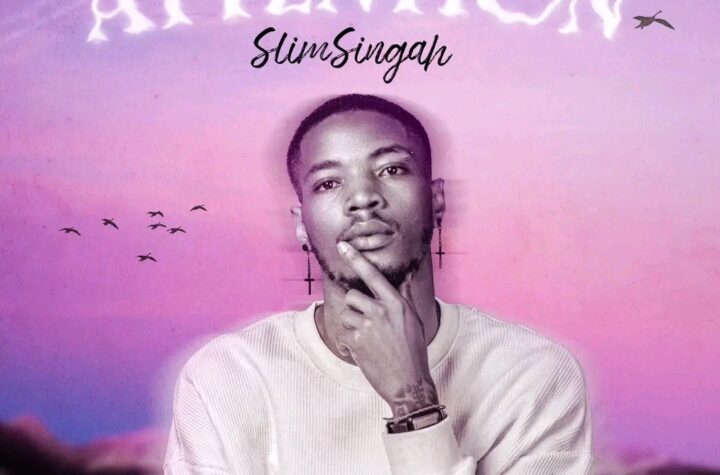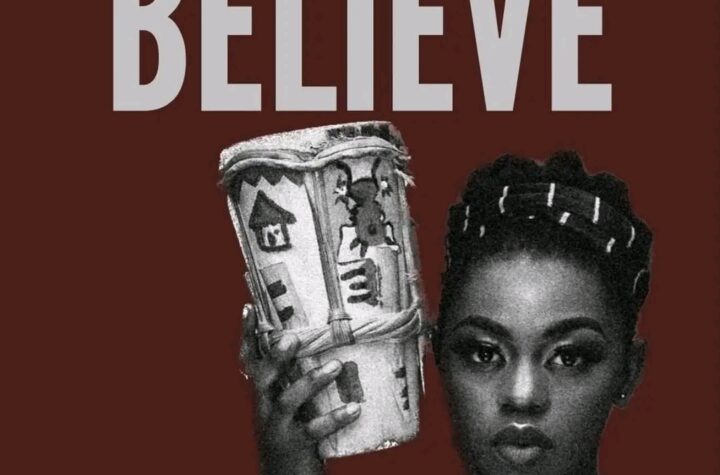
Serious concerns have been rife on social media since the adoption of government’s bill No 1076/PJL/AN governing the functioning of artistic and cultural associations under a legal framework.
HOW GOVERNMENT THINKS
Government’s objective is to reform the cultural sector to enhance productivity and pave a way for professionalism. In this light, for government to give any cultural subsidies, you must be registered under an artistic association affiliated to the Ministry of Arts and Culture. According to the Minister of Arts and Culture, the sector has been disorganised hampering the well-being of artists.
HOW ARTISTS THINK
Most artists, entertainment stakeholders and pundits have expressed their disapproval, considering the bill a sledge hammer to impair the growth of the entertainment industry. The government has never focused on implementing a law to develop the sector for the benefit of artists especially concerning royalties . Artists have struggled on their own over decades to catapult the industry to where it is today with little or no government input. In essence, the government is trying to reap what it did not sow. This bill is therefore a guillotine to the creative industry.
The bill implies an artist must be registered under a legitimate association or guild and seek authorisation to gain eligibility to sign local and international contracts like performances at events, endorsement deals and other business deals.
This will therefore create a government radar on all deals signed by artists with corporate bodies or enterprises . The government therefore expects artists to start paying taxes. It’s really serious and already being implemented. For an artist to create an account at any financial institution or bank, you are expected to present a tax payers code or number.
A few people think the bill shall be profitable to artists in the long run. run. The claim is ; it is quite expedient to operate or exist within a legal framework in any country. Tax evasion is a crime.
Artists usually get disreputable advice regarding the payment of taxes. But trust me it’s very important.
Like the force of gravity, Tax is an inescapable fact of life. It is an overt way of making your business legitimate. By law, any income earner in the form of a salaried position, director of a company, a self-employed sole trader, or any other job will have to pay tax in one form or another.
What is tax?
It is a compulsory contribution to state revenue, levied by the government on workers income and business profits, or added to the cost of some goods, services, and transactions.
Tax is one of your ways of contributing to the costs of running the country, taking care of some of it’s infrastructure, public services and keeping it safe.
In our context, a vast majority of artists are not salaried workers but independent or self-employed. Very few entertainment enterprises have personnel who earn monthly salaries in Cameroon following our NexDim survey.
If you are a performer in a cabaret, recording artist, music producer or anything similar, you are therefore self-employed.
Of course, the lines have a tendency to blur, but the bottom line is if you own earn income from entertainment business you should really be paying tax on your earnings, and should really consider registering as self-employed.
Being self-employed, at its simplest, means you are responsible for your own tax affairs. I really don’t know how the tax returns shall be calculated. Maybe it would be calculated from your income minus expenses.
What actually constitutes a business expense is a little bit of a grey area, so you should always keep the receipt of purchase and be ready to genuinely articulate a reason for why the purchase was needed for your business.
Technically, if you are earning money that you aren’t paying tax , you are definitely breaking the law of the country.
As such, being self-employed adds a layer of legitimacy that most intermediate to advanced level musicians will require. Venues or companies will often ask you to invoice them for payment and establishing yourself as a brand is always easier when registered as a company.
There are insurance incentives and schemes that self-employed sole traders can take advantage of.
SAD REALITY
Most artists in Cameroon are not affiliated to any insurance scheme for health or retirement. Meaning if an artist is ageing and no longer active in music, there is no retirement benefit or pension for the artist . The reason why most Cameroonian artists have died wretched.
Some artists have died recklessly as beggars because they failed to insure their health. I’m not sure if Mama Nguea had a health insurance.
If you didn’t know, you can get registered at the National Social Insurance as an individual and start paying your contribution to earn family allowance and pension when you retire as an artist . Paying NI helps you contribute towards state benefits, and means you can claim things like the state pension.





More Stories
PROMISING CAMEROONIAN ARTIST DUANE DROPS “WAIT”
SLIMSINGAH DROPS NEW EP DUBBED “ATTENTION”
MUSIC VIDEO: J KREE – BELIEVE